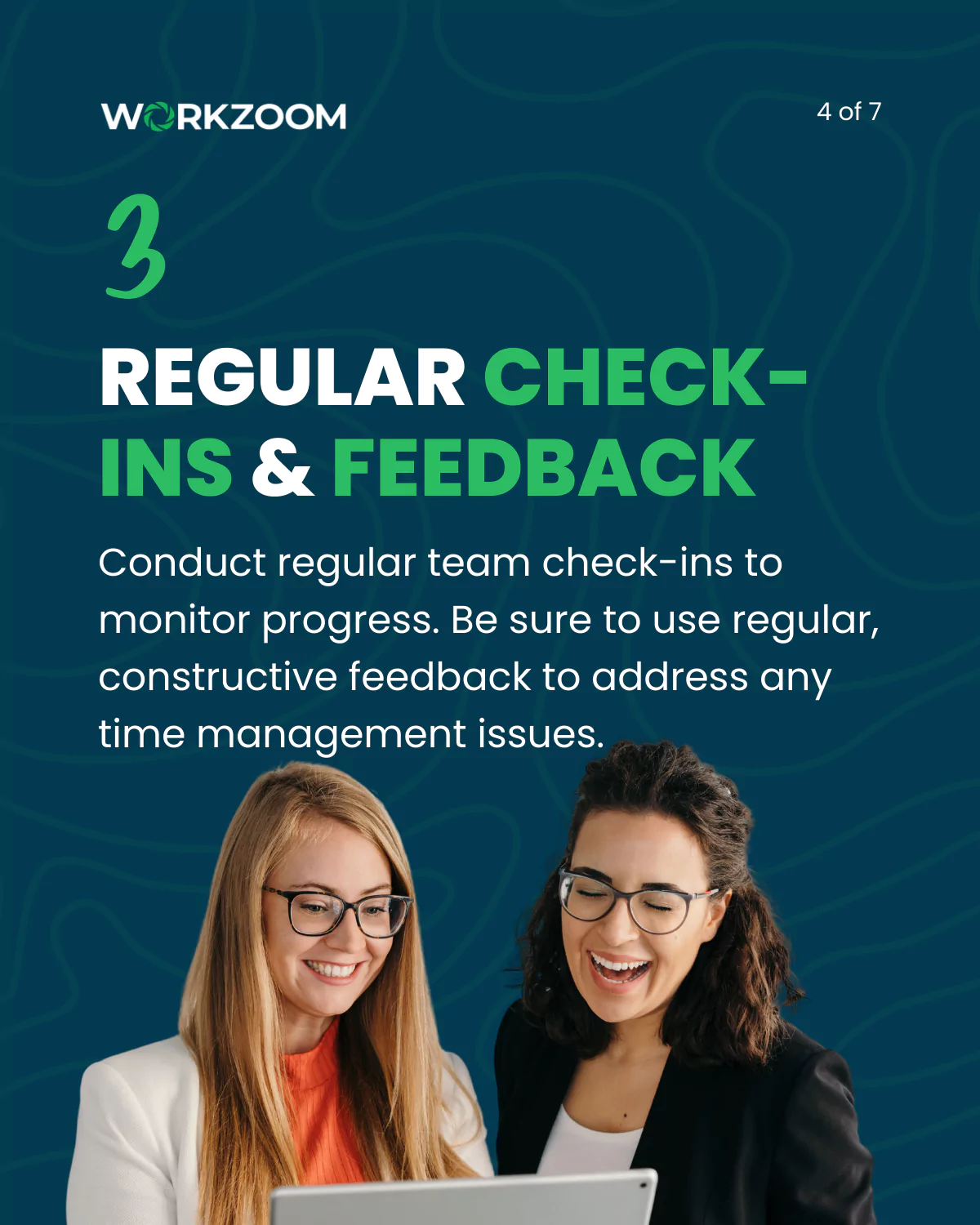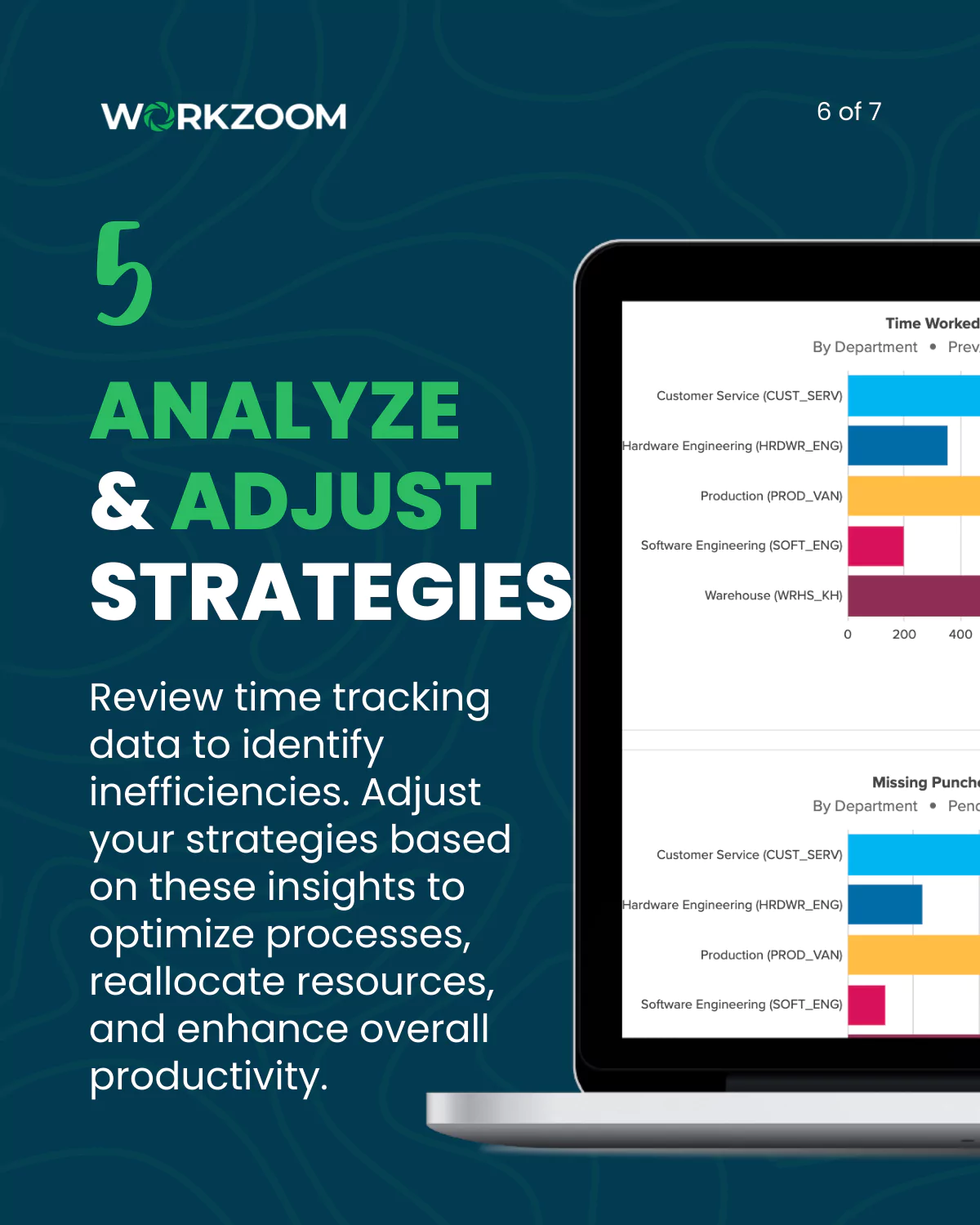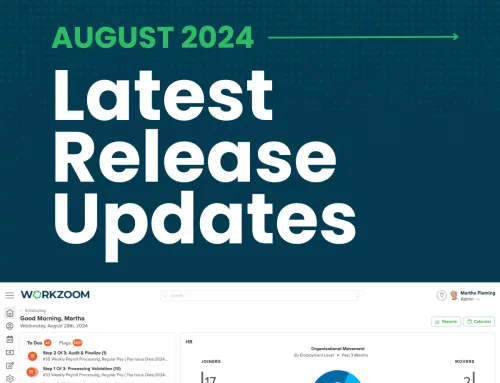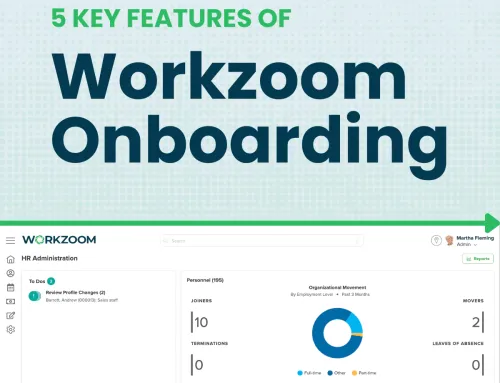Effective timekeeping is a cornerstone of team management. When time is tracked and managed well, it can significantly enhance team productivity, ensure that projects stay on track, and help create a more efficient and engaged workforce. Let’s explore five essential timekeeping tips that can help you boost your team’s productivity and achieve better results.
1. Set Clear Goals & Priorities
One of the most critical aspects of effective time management is setting clear, measurable goals. Without well-defined objectives, it’s easy for teams to lose focus and for time to be wasted on low-priority tasks. By establishing clear goals, you provide your team with a roadmap for what needs to be accomplished and when.
Communicate these goals to your team regularly and ensure that everyone understands their roles and responsibilities. Prioritizing tasks according to their importance and deadlines helps your team stay focused on what matters most, leading to more efficient use of time and resources.
2. Utilize Time Tracking Software
In today’s fast-paced work environment, keeping track of how time is spent can be challenging. Time tracking software offers a solution by providing detailed insights into where time is going and how it can be optimized. These tools not only help you monitor how long tasks take but also identify potential bottlenecks that could be slowing down your team’s progress.
Time tracking tools offer features such as project tracking, time reporting, and integration with other productivity tools. By implementing time tracking software, you can gain a clearer picture of your team’s workflow, allowing you to make informed decisions to boost productivity.
3. Regular Check-ins & Feedback
Regular check-ins are essential for maintaining momentum and ensuring that your team stays on track. These meetings provide an opportunity to review progress, address any challenges, and realign priorities as needed. Frequent communication also helps build a sense of accountability, as team members know they’ll have to report on their progress.
Providing constructive feedback during these check-ins is crucial. Positive feedback reinforces good practices, while constructive criticism can help identify areas for improvement. Addressing time management issues promptly ensures that small problems don’t escalate into larger ones, keeping the team productive and focused.
4. Encourage Breaks & Work-Life Balance
It might seem counterintuitive, but encouraging regular breaks can actually improve productivity. Continuous work without breaks can lead to burnout, decreased focus, and lower overall productivity. Short, regular breaks help your team recharge, stay sharp, and maintain high levels of performance throughout the day.
Promoting a healthy work-life balance is equally important. When team members feel that their personal time is respected, they are more likely to be engaged and productive during work hours. Encourage your team to disconnect after work and ensure that workloads are manageable. This approach fosters a more motivated and productive team.
5. Analyze & Adjust Strategies
Timekeeping isn’t just about tracking hours—it’s also about using the data collected to improve productivity. Regularly analyze the time tracking data to identify inefficiencies and areas where time could be better spent. For instance, if you notice that certain tasks consistently take longer than expected, it may be time to re-evaluate the process or provide additional training.
Adjust your strategies based on the insights gained from this data. Whether it’s reallocating resources, adjusting deadlines, or refining workflows, making data-driven decisions can lead to significant improvements in productivity.
In Conclusion
Effective timekeeping is essential for boosting team productivity and achieving better outcomes. By setting clear goals, utilizing time tracking software, maintaining regular check-ins, encouraging breaks, and analyzing data, you can create a more efficient and engaged team. Ready to boost your productivity? Let’s get started.










